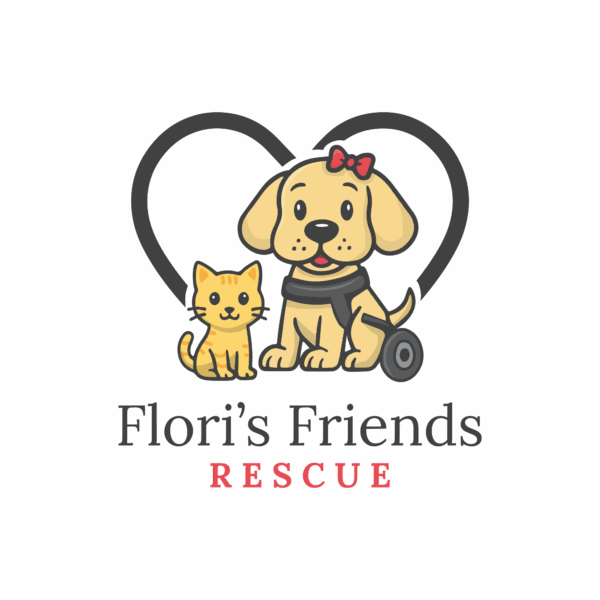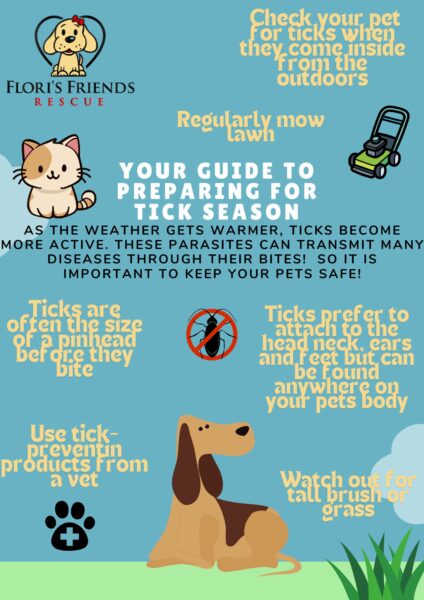Tick season is upon us, so don’t forget to regularly check your pets after walks for those little buggers as they can carry some nasty diseases.
Using preventative measures like flea and tick preventatives from a veterinary practice will really help keep them at bay.
The most affected breeds for tick infestations are cavapoos, golden doodles , poodles, cockapoo , cairn terrier, miniature schnauzer and cavapoo… but every single dog and cat can fall victim to tick infestations.
If you do find a tick on your pet please only use a proper tick remover to avoid infection and fully remove the tick.
Further information on ticks and how to remove them can be found below:
https://www.pdsa.org.uk/pet-help-and-advice/pet-health-hub/conditions/ticks-on-dogs
Dog and Cat bowls advice
Everyday you give your pet food and a good supply of fresh water. Ideally, if you are not already doing this, you should clean your dog and cat bowls after each mealtime to prevent them building up with bacteria which they can easily do. When they eat and drink the bacteria from their mouths is transferred into the bowls and has a nice environment in which it can happily develop. The longer the bowls are left unwashed then the more germs will continue to grow in the bowls. Regular washing after mealtimes in warm soapy water with a separate sponge (not the one used for humans!) and a good rinse afterwards will help avoid cats and dogs getting upset tummies, vomiting and diarrhoea and will possibly prevent a trip to the vets and save you money . You should always ensure that you wash these separately from the household dishes to avoid cross contamination e.g. salmonella.
Newsletter Sign Up
Don’t miss out and join our monthly newsletter!

